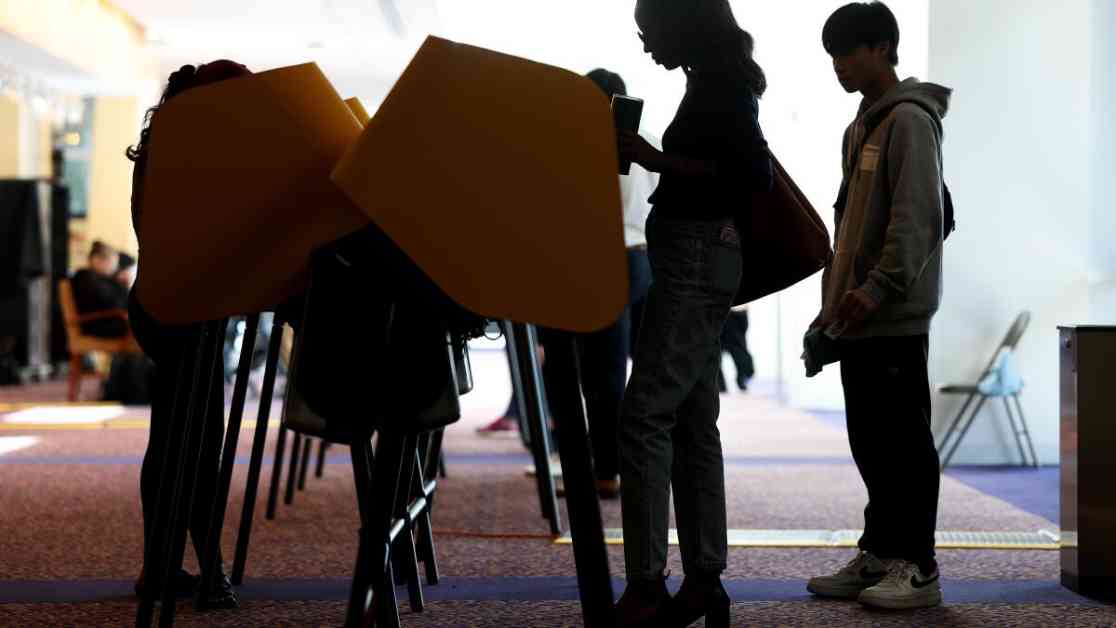Latinos: A Shifting Political Landscape in 2024
In a speech delivered forty years ago at San Francisco’s Commonwealth Club, Cesar Chavez, the iconic United Farm Workers leader, laid out a vision for the future of Latinos in America. He spoke of a day when Latinos would hold significant economic, political, and demographic power, shaping the nation in unprecedented ways. His words resonated with a sense of inevitability, a prophecy of Latino ascendancy that seemed almost certain to come to pass.
The Changing Political Tide
Fast forward to 2024, and the landscape looks vastly different from what Chavez envisioned. The recent election cycle saw a surprising shift in Latino voting patterns, with a notable increase in support for Donald Trump, a candidate known for his controversial statements about Latinos. Trump’s appeal to Latino voters in regions like Los Angeles County raised eyebrows and sparked discussions about the evolving priorities of Latino voters.
Surveys conducted post-election revealed a shift in focus among Latino voters, with concerns about the economy and border security taking precedence over traditional issues like immigration reform. This shift in priorities, coupled with a growing diversity of political affiliations among Latinos, has reshaped the political calculus for both major parties.
A New Era of Latino Politics
The 2024 election marked a turning point for Latino voters, signaling a departure from traditional party allegiances and a move towards a more nuanced, issues-based approach to politics. Latino voters are asserting their agency and demanding that politicians address their concerns as Americans, not as a monolithic voting bloc.
As Latino political power continues to grow, both Democrats and Republicans are reevaluating their strategies to appeal to this increasingly influential demographic. The days of relying on ethnic solidarity and identity politics to secure Latino votes are waning, replaced by a focus on substantive policy issues that resonate with a diverse and dynamic electorate.
Looking Ahead
The 2024 election may not have played out exactly as Chavez predicted, but it has opened a new chapter in the story of Latino political empowerment in America. As Latinos continue to assert their influence and shape the national conversation, the future of American politics will be increasingly intertwined with the aspirations and priorities of Latino voters.
In the end, Chavez’s vision of a California and a nation transformed by Latino power may still come to fruition, albeit in ways that he could not have foreseen. The path forward for Latinos in American politics is filled with both challenges and opportunities, but one thing is clear: Latinos are no longer content to be relegated to the margins. They are ready to claim their place at the table and demand a seat as equals in the ongoing political dialogue of the nation.





















